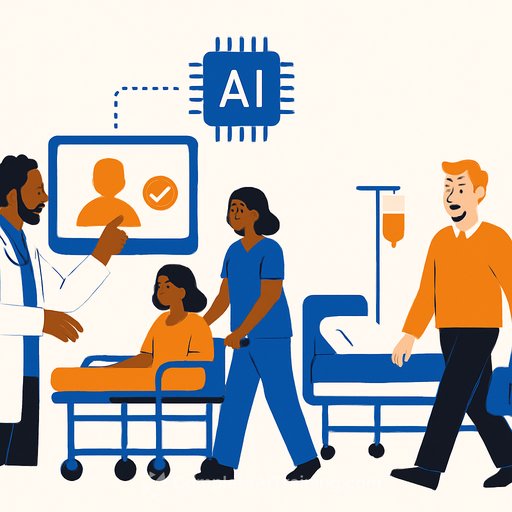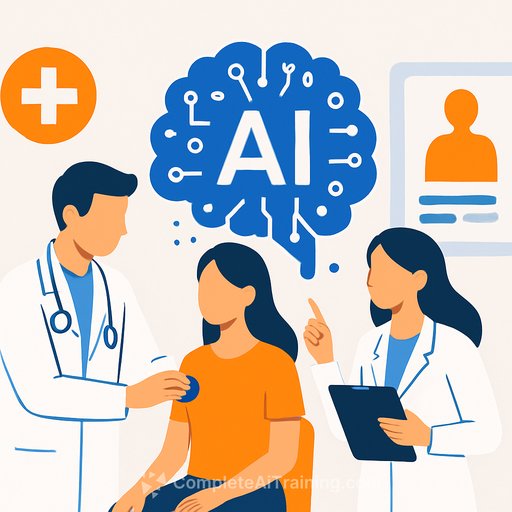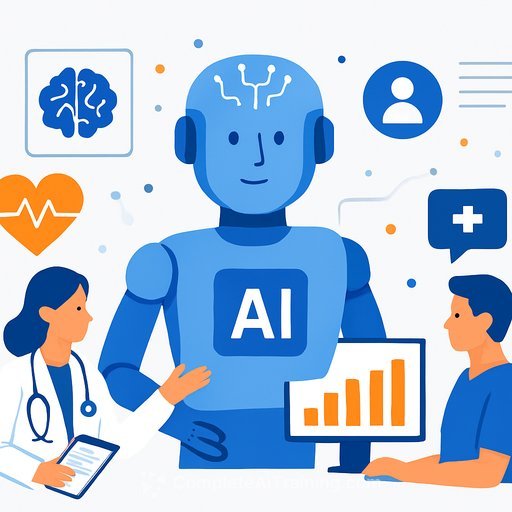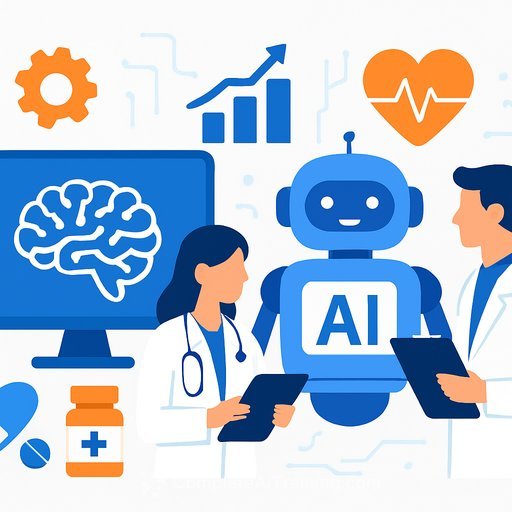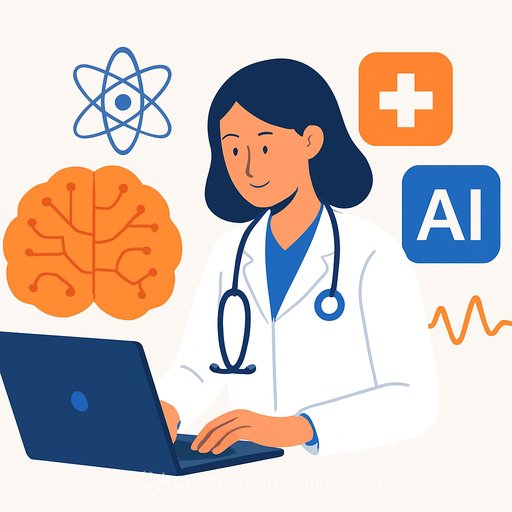AI Technology to Reduce NHS Bed Blockage and Speed Up Patient Discharges
Artificial Intelligence (AI) is being tested at Chelsea and Westminster NHS Trust to speed up the discharge process for patients who are medically ready to leave the hospital. This new platform uses AI to automate the preparation of discharge summaries, cutting down hours lost to paperwork and delays.
The system extracts key information such as diagnoses and test results directly from medical records. This helps healthcare staff quickly generate the necessary discharge documentation. Once prepared, the summaries are reviewed by healthcare professionals who decide whether to discharge the patient or refer them to other support services.
Reducing Time on Paperwork, Increasing Patient Care
Health Secretary Wes Streeting highlighted that this approach will free doctors from time-consuming paperwork. By reducing administrative burdens, clinicians can focus more on patient care, which may also shorten waiting times for discharge.
This AI tool will run through the NHS Federated Data Platform (FDP), a shared software environment that promotes collaboration across health and care organizations to improve service delivery.
Addressing Delays in Patient Discharges
Currently, manual discharge procedures often cause delays because doctors may not be available to complete the required forms promptly. According to the Department for Science, Innovation, and Technology, these delays contribute to bed blockages across NHS hospitals.
Streeting emphasized the government’s commitment to moving from analogue to digital processes as part of a long-term health strategy. He stated that adopting new technology will help the NHS manage hospital backlogs more effectively.
Part of a Wider Push for AI in Public Services
This discharge platform is one of several AI projects supported by Sir Keir Starmer, who has spoken about AI’s role in improving public services and boosting the economy.
Earlier this year, the government announced plans to launch an AI tool to measure public opinion, which is expected to save around £20 million in staffing costs. Additionally, technology that halves the time probation officers spend organizing notes will be introduced nationwide within the year.
What This Means for Healthcare Professionals
- Less time spent on discharge paperwork means more time for direct patient care.
- Improved collaboration across health services through the NHS Federated Data Platform.
- Potential reduction in hospital bed blockages, improving patient flow.
- Insight into how AI tools are being integrated into NHS workflows.
For healthcare professionals interested in understanding AI applications in clinical and administrative settings, exploring specialized courses can provide practical knowledge on AI tools and automation. Visit Complete AI Training to find relevant AI courses tailored for healthcare roles.
Your membership also unlocks:

